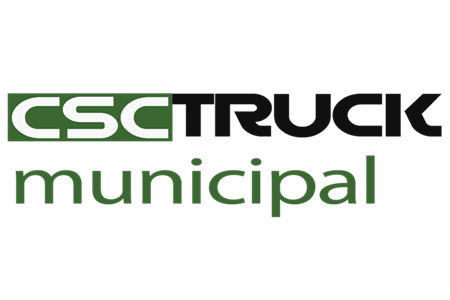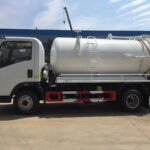Introduction
In the world of waste management, various specialized vehicles and equipment play a crucial role in ensuring efficient collection and disposal of waste. One such vehicle is a packer truck, also known as a garbage truck or refuse truck. Packer trucks are an integral part of waste management systems in cities, towns, and municipalities worldwide. In this article, we will delve into the fascinating world of packer trucks, exploring their purpose, types, and innovative technologies that make them a vital component of our modern waste management infrastructure.
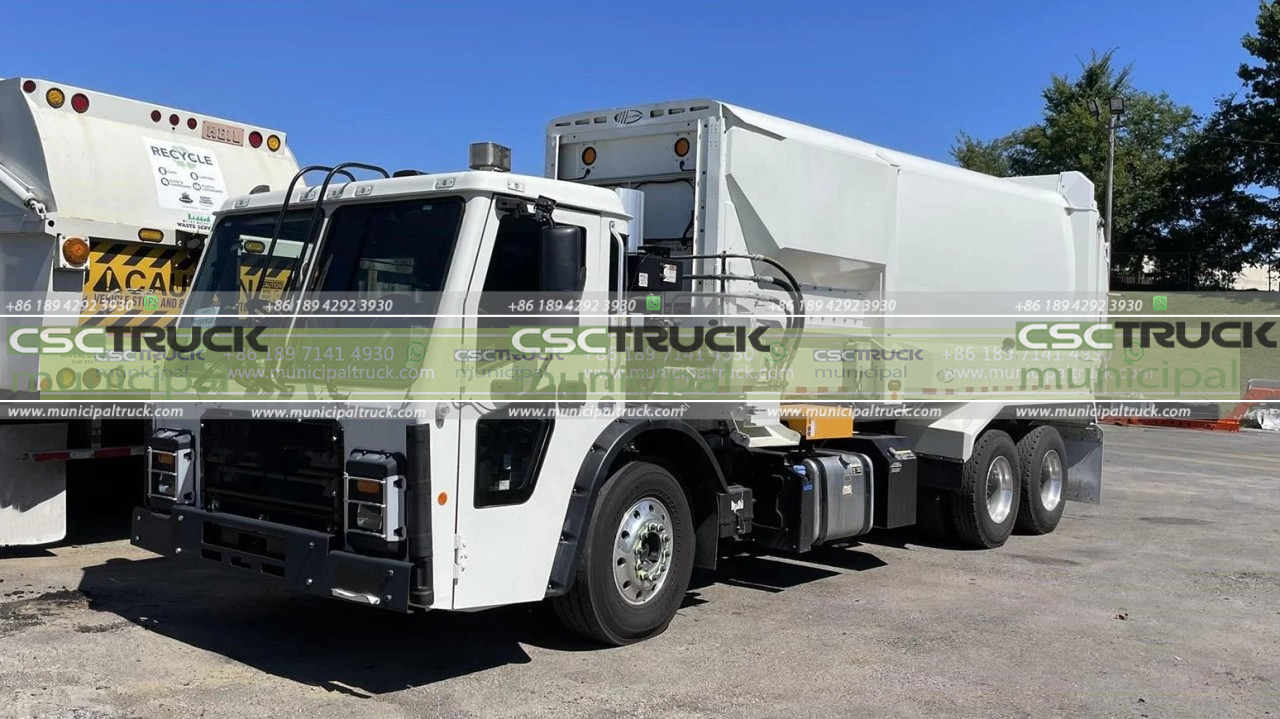
Understanding the Purpose
Packer trucks are designed to collect and transport solid waste, garbage, and recyclables from residential, commercial, and industrial areas to disposal or recycling facilities. Their primary purpose is to efficiently and hygienically handle large volumes of waste materials, ensuring clean and healthy communities. Packer trucks are equipped with specialized compactors or packers, which compress the waste to maximize the truck’s carrying capacity, reducing the number of trips required for disposal.
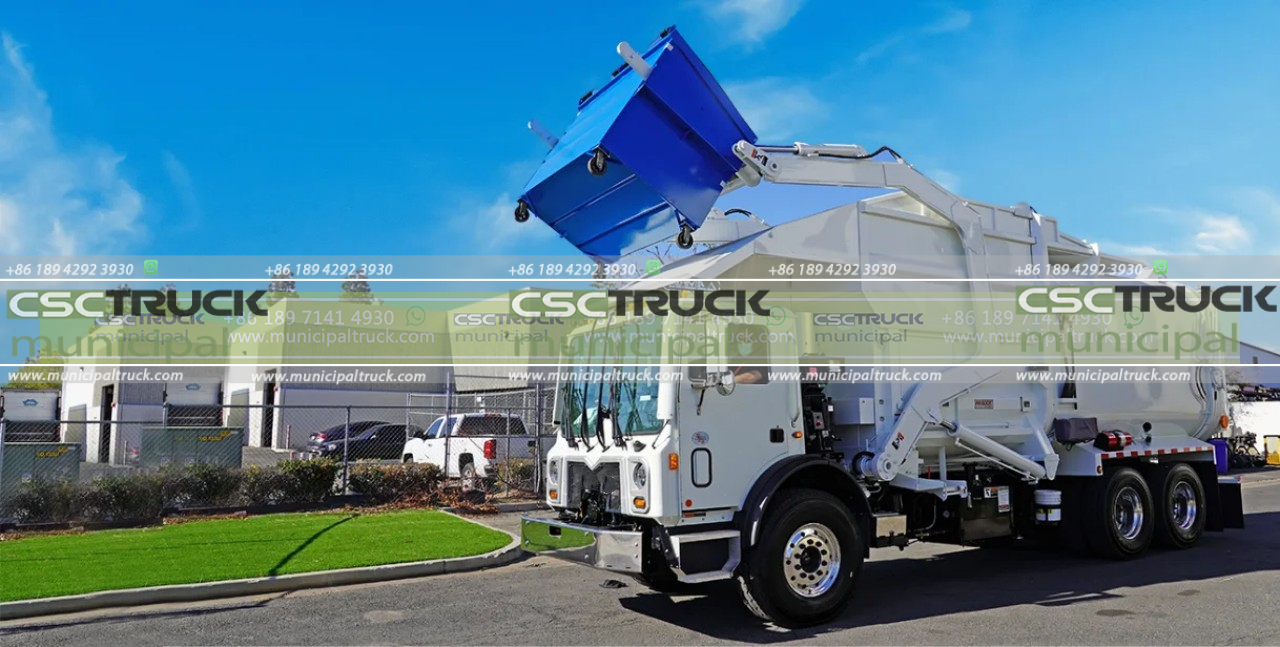
Types of Packer Trucks
Packer trucks come in various types, each designed to cater to specific waste management needs. Some common types of packer trucks include:
- Front Loader: These trucks feature a hydraulic lifting mechanism at the front that allows them to lift and empty large dumpsters or waste containers into the truck’s hopper. Front loaders are commonly used for commercial and industrial waste collection.
- Rear Loader: Rear loader packer trucks have a rear-mounted compactor that is used to compress the waste. Workers manually load the waste into the truck from the rear, and once full, the compactor compresses the waste to create additional space. Rear loaders are commonly used for residential waste collection.
- Side Loader: Side loader packer trucks have an arm or lifter on the side that grabs and lifts waste containers into the truck’s hopper. This type of truck is often used in areas where manual handling of waste is impractical or unsafe.
- Roll-Off Truck: Roll-off packer trucks are used to transport large dumpsters or containers, commonly seen at construction sites or during major clean-up projects. The containers are loaded onto the truck using a hydraulically operated system.
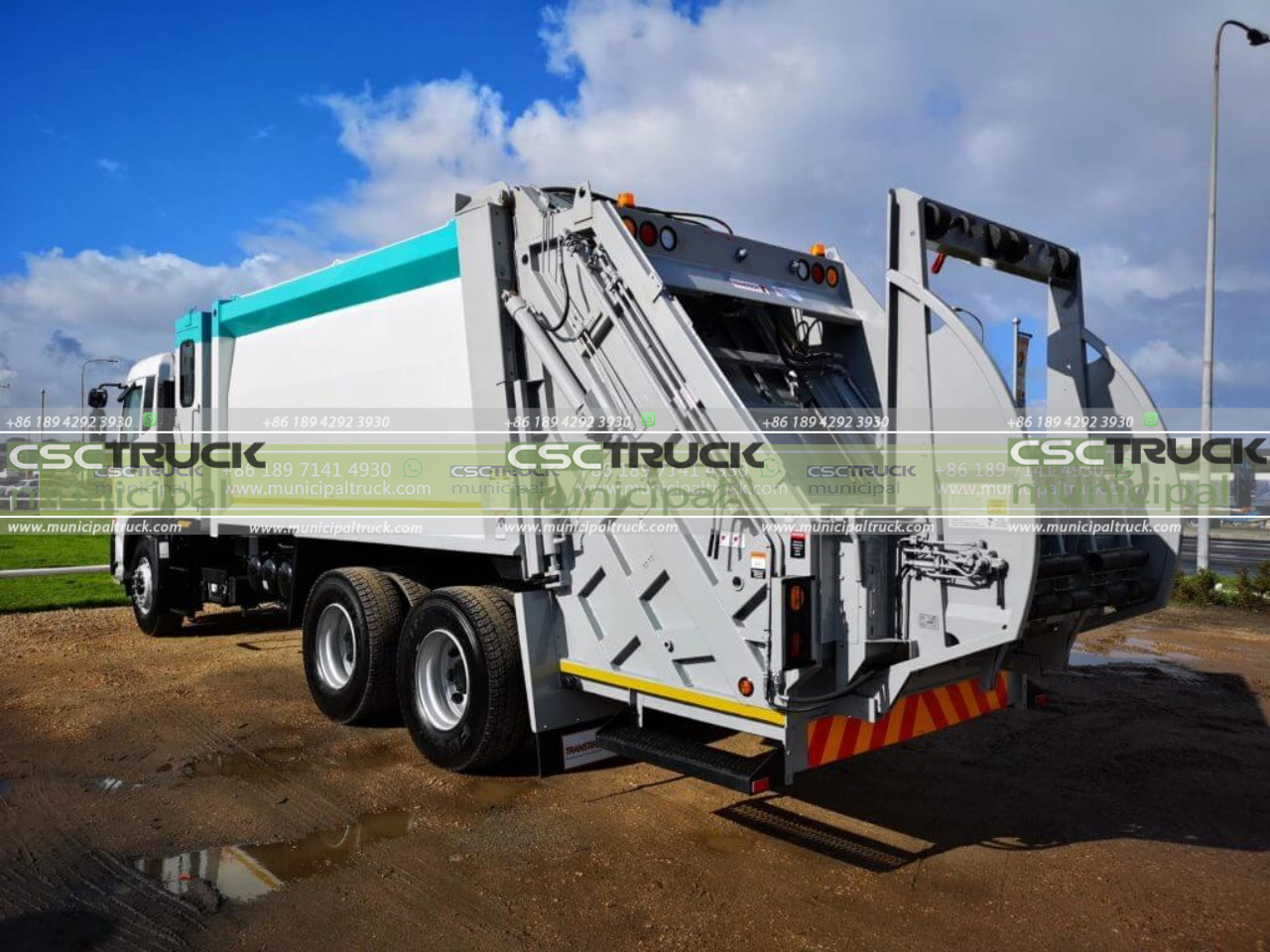
Innovations in Packer Truck Technology
Over the years, advancements in technology have transformed packer trucks, making them more efficient, environmentally friendly, and safer. Here are some notable innovations in packer truck technology:
- Automated Collection Systems: Many modern packer trucks feature automated collection systems that minimize the need for manual handling of waste. These systems use mechanical arms or lifters to pick up and empty waste containers into the truck’s hopper, reducing the risk of worker injuries and improving overall efficiency.
- Hybrid and Electric Packer Trucks: To reduce carbon emissions and improve fuel efficiency, manufacturers have introduced hybrid and electric packer trucks. These vehicles utilize a combination of traditional fuel engines and electric power to minimize environmental impact while maintaining the necessary power for waste collection and compaction.
- Telematics and Fleet Management: Packer trucks are now equipped with advanced telematics systems that provide real-time data on vehicle performance, route optimization, and maintenance needs. These technologies enable waste management companies to optimize their fleet operations, reduce downtime, and enhance overall efficiency.
- Safety Features: Ensuring the safety of workers and the public is paramount in waste management operations. Modern packer trucks are equipped with safety features such as backup cameras, proximity sensors, and alarms to prevent accidents and enhance operational safety.
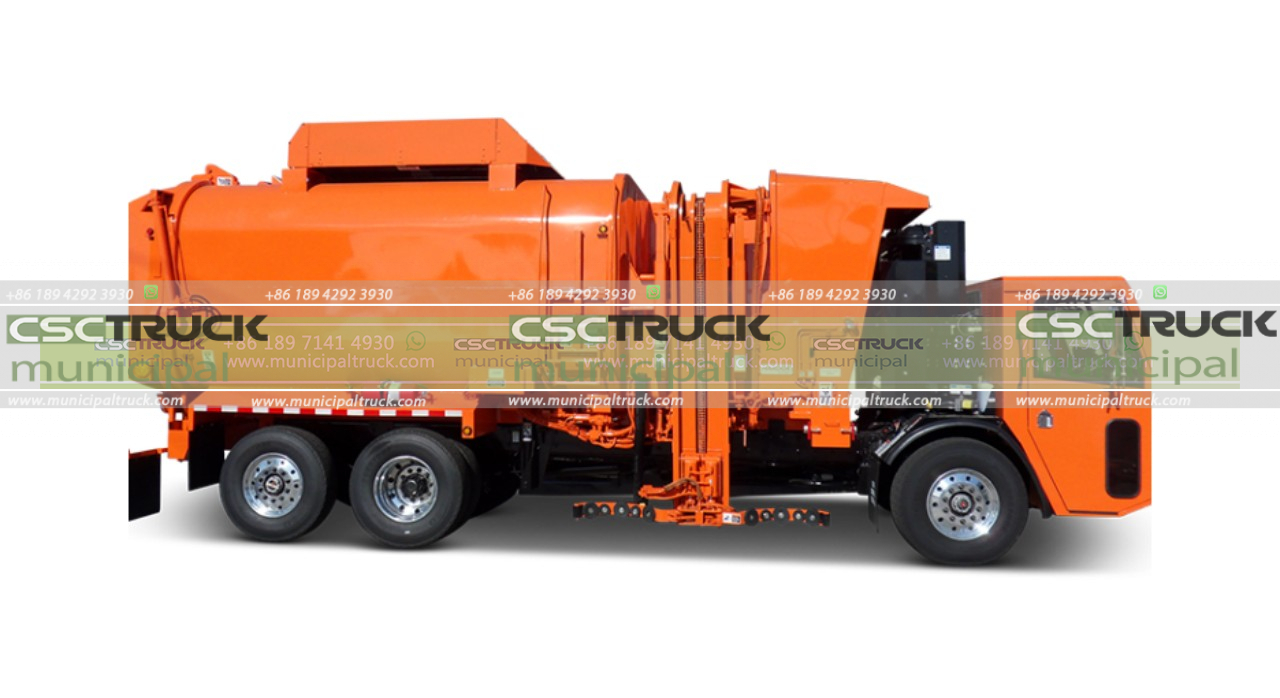
Conclusion
Packer trucks are a vital component of waste management systems worldwide. Their ability to efficiently collect and transport large volumes of waste ensures clean and healthy communities. With advancements in technology, packer trucks have become more efficient, environmentally friendly, and safer than ever before. Innovations such as automated collection systems, hybrid and electric technologies, telematics, and advanced safety features have transformed the waste management industry.
The implementation of automated collection systems has significantly improved the efficiency of waste collection. By reducing the need for manual handling of waste, these systems minimize the risk of worker injuries and streamline the overall collection process. Mechanical arms and lifters on packer trucks can swiftly and safely pick up and empty waste containers into the truck’s hopper, reducing the time and effort required for collection. This automation not only improves operational efficiency but also enhances the overall productivity of waste management companies.
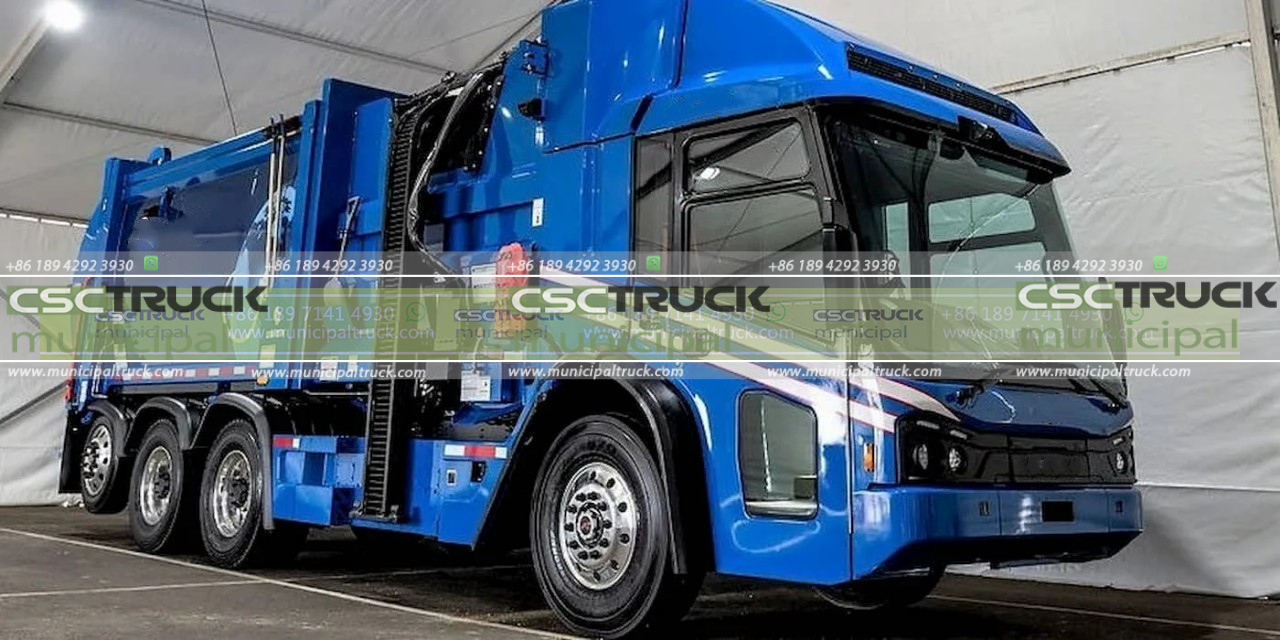
Furthermore, introducing hybrid and electric packer trucks has revolutionized the environmental impact of waste management operations. Traditional packer trucks typically rely on diesel or gasoline engines, which contribute to air pollution and greenhouse gas emissions. However, hybrid packer trucks combine internal combustion engines with electric motors, reducing fuel consumption and emissions. On the other hand, electric packer trucks operate solely on electricity, emitting zero tailpipe emissions and offering a cleaner alternative for waste collection. These eco-friendly options contribute to sustainable waste management practices and support the global movement toward reducing carbon footprints.
Telematics systems have also played a significant role in enhancing the efficiency and management of packer trucks. These advanced technologies provide real-time data on various aspects of vehicle operations, including route optimization, fuel consumption, and maintenance needs. Waste management companies can analyze this data to optimize collection routes, reduce fuel costs, and minimize downtime due to maintenance issues. By leveraging telematics, fleet managers can make informed decisions to maximize the productivity and effectiveness of their packer truck fleets.
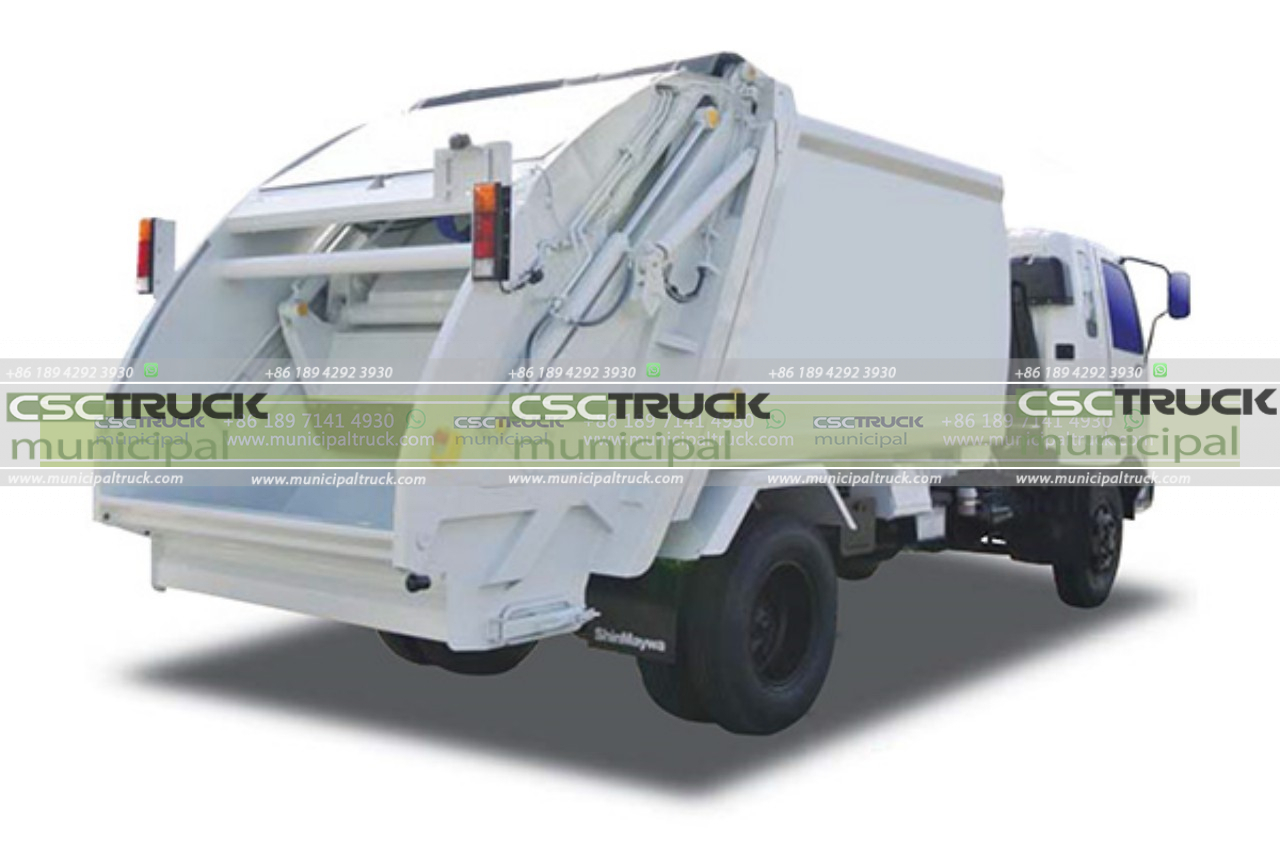
Safety features have also seen remarkable advancements in packer trucks. Backup cameras, proximity sensors, and alarms have been integrated into these vehicles to prevent accidents and ensure the safety of workers and the public. Backup cameras provide a clear view of the truck’s rear area, reducing the risk of collisions with pedestrians or objects. Proximity sensors alert the driver to the presence of nearby objects, helping them navigate congested areas safely. These safety measures are crucial in waste management operations, where large and heavy vehicles maneuver through busy urban environments.
In conclusion, packer trucks are indispensable in waste management systems, effectively collecting and transporting solid waste to disposal or recycling facilities. With technological advancements, packer trucks have become more efficient, environmentally friendly, and safer than ever before. Automated collection systems, hybrid and electric technologies, telematics, and advanced safety features have revolutionized the waste management industry, improving operational efficiency, reducing carbon emissions, optimizing fleet management, and ensuring the safety of workers and the public. As we prioritize sustainable practices and environmental stewardship, the development of packer truck technologies will undoubtedly play a crucial role in creating cleaner and healthier communities for future generations.
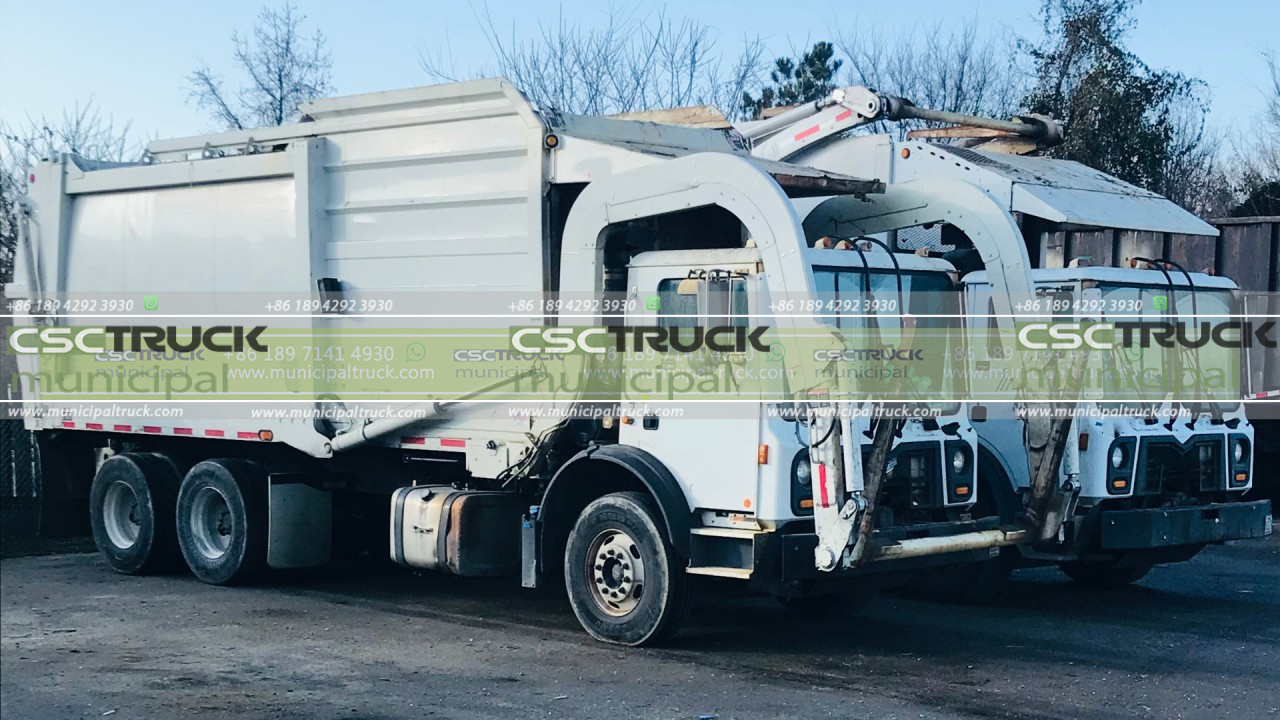
Contact us for this municipal truck or similar trucks: [email protected] Call us or What's APP us: +86 189 4292 3930
